WARNING! WARNING! CANINE SCHISTOSOMIASIS is in LOS ANGELES COUNTY!!!!!!!!
ANIMAL HEALTH ADVISORY: Canine Schistosomiasis in two Los Angeles County Dogs
Dear Colleagues,
A veterinarian in the South Bay area of Los Angeles County has reported 2 cases of schistosomiasis in dogs. This type of infection is caused by a freshwater parasite called Heterobilharzia americana, and it is primarily found in the American South and in the Gulf Coast States. The dogs in this report has not travelled outside of Southern California and may have been exposed while swimming in the Colorado River on the border between California and Arizona.
Neither of the 2 dogs had outward clinical signs of the disease. The 2 dogs were diagnosed after one of the 2 had a persistently elevated liver enzyme (ALT) throughout 2018. An initial abdominal ultrasound on this dog in the spring of 2018 appeared normal, but a repeat ultrasound in the fall revealed a decrease in liver size, a somewhat mottled pattern and possible nodule formation. A liver biopsy revealed the presence of the parasites. A fecal PCR test confirmed infection with Heterobilharzia americana in both the dog with the liver changes as well as the second dog in the home. Both were treated with a 10 day course of fenbendazole and a 2 day course of praziquantel administered three times daily. A recheck fecal PCR test showed that one of the two dogs remained PCR-positive, and both were treated for a second time.
Since this disease is not known to exist in Southern California, local veterinarians are requested to learn more about the disease, how to test for it and treat it, and to report any additional cases in dogs in Los Angeles County order to help determine whether the parasite is present in the area.
The Heterobilharzia americana parasite is known to be enzootic in North Carolina, South Carolina, Florida, Georgia, Louisiana and eastern Texas. The range for this parasite may be increasing, because small numbers of cases have also been reported from Oklahoma, Kansas, Indiana and (just recently) in Utah.
The life cycle of the parasite requires freshwater, such as a mud flat, pond, lake or river, and the presence of certain species of snails. Many mammal species can serve as the primary host, intermittently shedding parasite eggs in their feces into bodies of fresh water. The primary hosts most commonly cited are raccoons and nutrias, but infections have been documented in opossums, bobcats, deer, coyotes, horses and many other species. After the egg hatches in the water, a free-swimming form of the parasite penetrates into a snail, where it develops further. It is then released into the water in another free-swimming form, which penetrates the skin of another host, such as a dog. The parasite typically migrates through the lungs and liver, until it matures and mates inside the mesenteric veins of the dog, and the eggs are distributed in the circulation, triggering general inflammation and granuloma formation in the intestines and multiple organs in the body. Some of the eggs migrate into the intestines, and then are shed in the dog’s feces.
There are no reports of this parasite infecting humans.
Common clinical signs of canine schistosomiasis in dogs may include lethargy, loss of appetite, weight loss, diarrhea, melena (stool dark from digested blood), and vomiting. Other signs reported include coughing, increased gut sounds, and an increase in drinking and urination. A complete blood count and chemistry panel may include a low white blood cell count with an increased eosinophil count, elevated kidney or liver blood values, elevated globulin, or an elevated calcium level.
Diagnosis of Heterobilharzia infection relies on finding the parasite eggs in a fecal sample, or in a biopsy of an affected organ or granuloma. PCR testing of feces for the parasite is also available. Fecal testing must be performed via sedimentation in 0.9% NaCl. A negative fecal test does not rule out disease.
Karen Ehnert, DVM, MPVM, DACVPM
Director, Veterinary Public Health
Los Angeles County Department of Public Health
313 N. Figueroa St, Room 1127
Los Angeles, CA 90012
